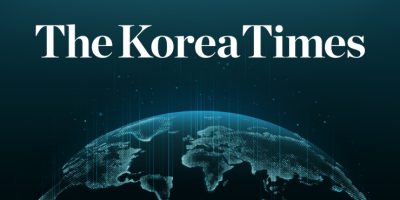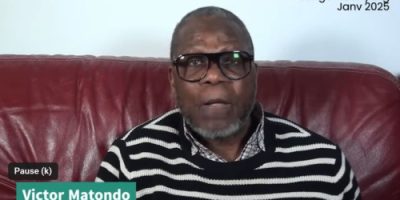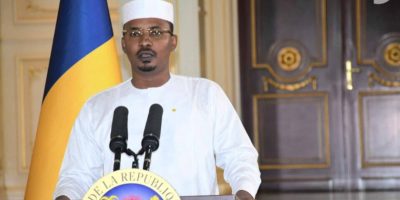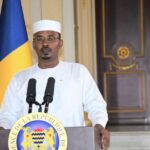Minister of Industry, Innovation, Science and Technology Marsha Caddle has resigned from Cabinet, but will remain as MP of St Michael South Central and a member of the Barbados Labour Party.
Below is the full text of her statement.
“When principles do not align, a Minister has a duty to resign, so the will and work of the Government can be done. I have reached such a point.
I am proud of the work I have led in the Ministry over these 14 months, and of which you will hopefully learn during these ongoing Estimates, including the investments in cybersecurity that have been needed, and giving GovTech the resources to begin to build a real tech ecosystem for digital services and transformation. I think I’ve left a good wicket for this sector to be successful.
One thing is certain, and the people of Barbados so overwhelmingly declared twice at the polls: the Barbados Labour Party is the clear choice to help guide this country through both the challenges and opportunities that confront us domestically, and in particular globally. I remain committed to the Barbados Labour Party, to supporting my colleagues in their important work, and to serving the people of St Michael South Central and Barbados in every way I can.”
The St. Michael South Central MP served as Minister in Economic Affairs and Investment during the BLP’s first term since 2018. Following her success in the January 2022 general election, she declined the offer of a Cabinet position, citing other professional interests. Her January 2024 appointment as Minister of Industry, Innovation, Science and Technology represents the second portfolio she has held over the two terms of the BLP administration.
















